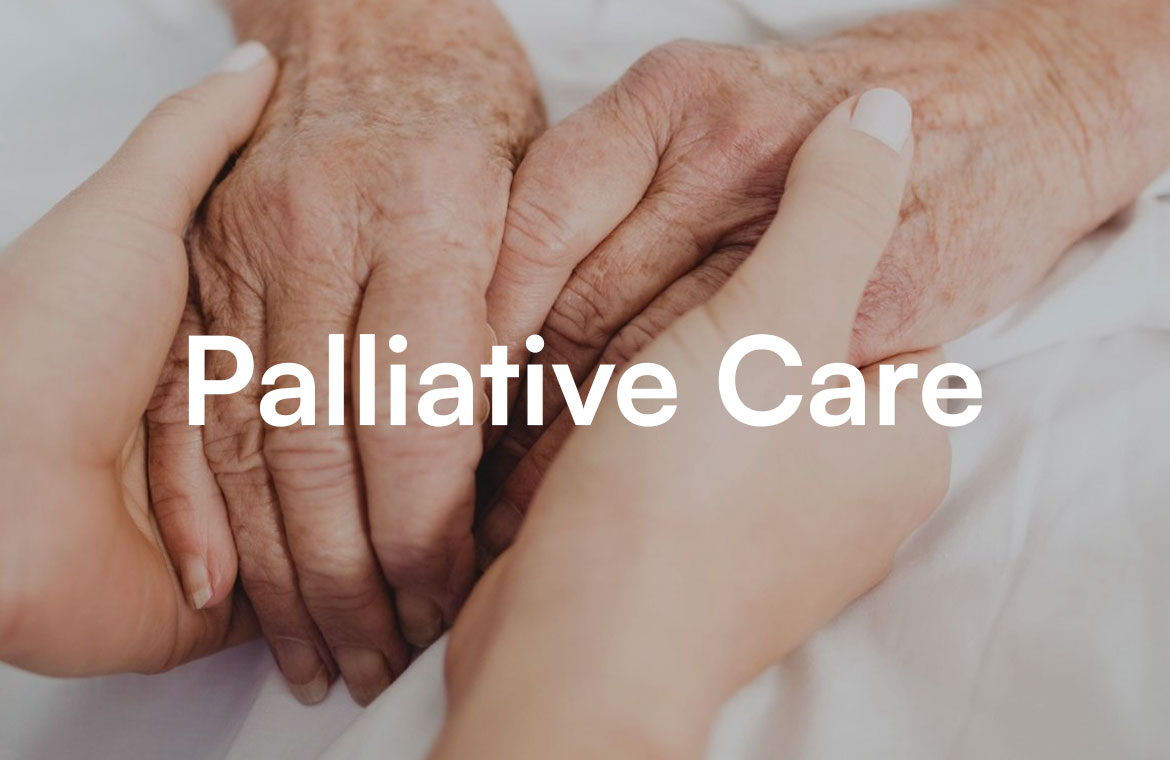In the ever-evolving landscape of healthcare, technology emerges as a beacon of hope and innovation, reshaping paradigms and expanding the horizons of possibility. From streamlining medical operations to enhancing patient outcomes, its impact is profound and far-reaching. Nowhere is this transformative power more evident than in the realm of organ donation, where digital tools and technological advancements are not merely bridging existing gaps but are also creating unprecedented opportunities to save lives.
The Crisis: India’s Organ Shortage
Despite the life-saving potential of organ transplantation, India’s organ donation rate languishes at a dismal 0.08 per million population, a stark contrast to global standards. The Transplantation of Human Organs Act, enacted in 1994 and amended in 2011, was a legislative attempt to address this issue. Yet, the grim statistics persist: only 5% of patients with end-stage kidney disease receive transplants, while millions continue to await corneal transplants. Each year, thousands succumb to the unavailability of vital organs.
Barriers to Organ Donation in India
A myriad of challenges hinders the growth of organ donation in India, ranging from cultural resistance to systemic inefficiencies:
- Family Consent: Even when individuals register as donors, family refusal often overrides their expressed wishes, stalling potential donations.
- Lack of Awareness and Misconceptions: Deep-seated cultural myths and misinformation deter potential donors. Transitioning to an “opt-out” system, as implemented in countries like France, could redefine consent paradigms and significantly increase donor numbers.
- Complex Registration Processes: A cumbersome and inefficient registration system discourages many willing individuals from becoming donors.
- Medical Knowledge Gaps: A lack of adequate training among healthcare providers regarding brain death and circulatory death further hampers organ retrieval efforts.
Technological Innovations in Organ Transplantation
The integration of cutting-edge technology is revolutionizing the field of organ donation and transplantation, addressing both supply shortages and procedural challenges. Key innovations include:
- 3D Organ Bioprinting: This ground breaking technology is redefining the future of organ transplantation by recreating tissues and organs.
- Organs-on-Chips: These micro-engineered devices simulate human tissue behavior, significantly enhancing drug testing and improving transplant outcomes while reducing reliance on animal testing.
- Gene Editing: Revolutionary tools like CRISPR are paving the way for the development of transplantable organs in animals, providing a sustainable and scalable source for human transplantation.
- Immune System Modulation: Research into training the immune system to accept transplanted organs holds the promise of eliminating the need for lifelong immunosuppression.
- Nanotechnology: The use of nanoparticles to deliver immunosuppressive drugs directly to transplanted organs could minimize side effects and enhance therapeutic efficacy.
Overcoming Cultural and Social Barriers
Insights from Western Rajasthan: A Case Study
A study via development of an application was conducted among 384 participants in Pali, Rajasthan, provides a view of the challenges and opportunities in promoting organ donation:
- Knowledge and Myths: While 71.6% of respondents believed their religion permitted organ donation, persistent misconceptions—such as concerns about posthumous maintenance costs—deterred many.
- Willingness to Donate: Only 13.5% of urban and 14.6% of rural respondents expressed immediate willingness to donate, with 45.3% remaining undecided.
- Concerns: Fear of organ misuse (54.4%) and a preference for donating exclusively to family members emerged as significant deterrents.
- Incentives: Participants suggested measures such as free healthcare (21%), monetary benefits (10%), and awards (8%) to encourage organ donation.

Global Perspectives and Ethical Incentives
International practices offer valuable lessons in addressing organ shortages:
- Florida, USA: Simplified organ donation processes through driver’s license registration have significantly increased donor numbers.
- United Kingdom: The Nuffield Council on Bioethics advocates for non-market incentives, such as state-provided symbolic rewards, to encourage organ donation.
The Path Forward: From Awareness to Action
Addressing India’s organ donation crisis requires a multi-pronged approach that leverages technology, policy reform, and societal engagement. Key strategies include:
- Technology Integration: Collaboration between the IT and medical sectors can yield innovative solutions, such as user-friendly apps for donor registration, public awareness campaigns, and real-time updates on organ availability.
- Youth Engagement: Partnering with educational institutions to harness the idealism and energy of younger generations can drive grassroots advocacy for organ donation.
- Awareness Campaigns: Focused efforts to dispel myths and integrate organ donation discussions into healthcare and legal frameworks are essential to fostering a culture of donation.
- Policy Reform: Transitioning to an “opt-out” system and simplifying the donor registration process can significantly enhance donor participation rates.
A Call to Action
By addressing systemic barriers, leveraging technological innovations, and fostering a culture of empathy and responsibility, India has the potential to transform its organ donation landscape. This is not merely about saving lives; it is about fostering a collective ethos of compassion, progress, and shared humanity.
It only takes a minute………………………….. to gift a lifetime !!
Acknowledgements:
Heartfelt gratitude to Shashwat Singh Chauhan, Rishabh Kumar Singh & Satvik Srivastava, Computer Science graduates from Jaypee Institute of Information Technology, Noida, Uttar Pradesh for developing the GMCP Organ Donation Awareness app.
The following is the link to the application: GMCP ORGAN DONATION AWARENESS.apk
Special thanks to my student, Dr Shaivya Chauhan, Junior Resident, ESIC Hospital Alwar, (MBBS Batch 2018 of GMC Pali) for her dedicated commitment to this cause.




